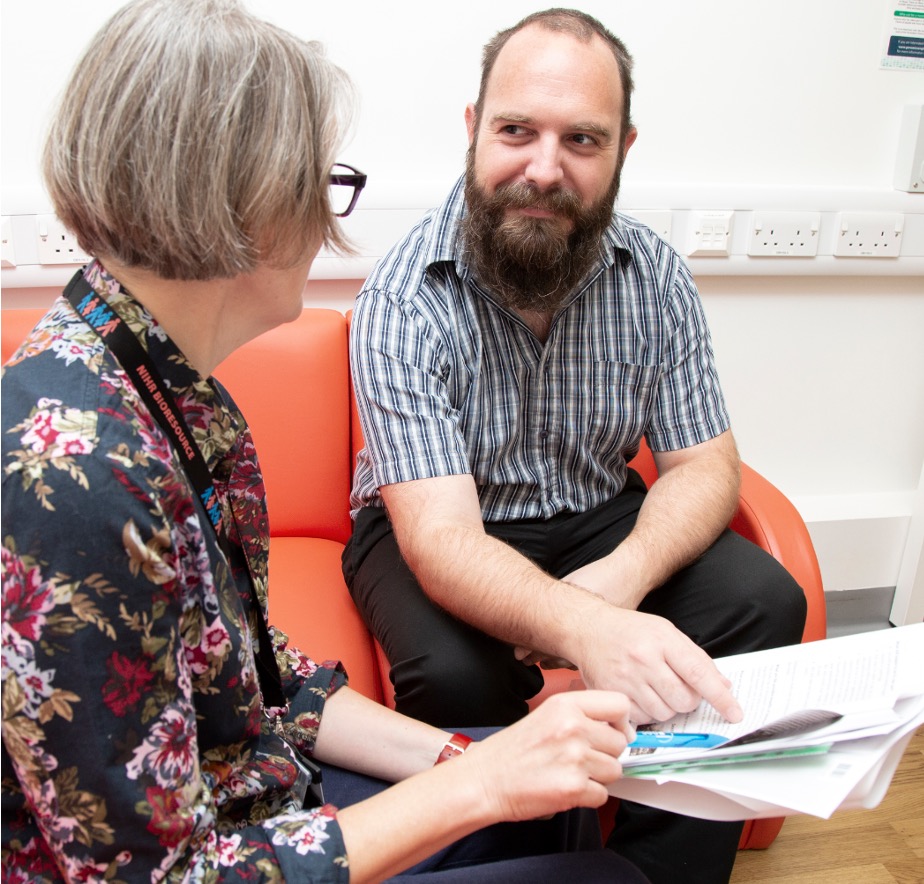Our research: case studies
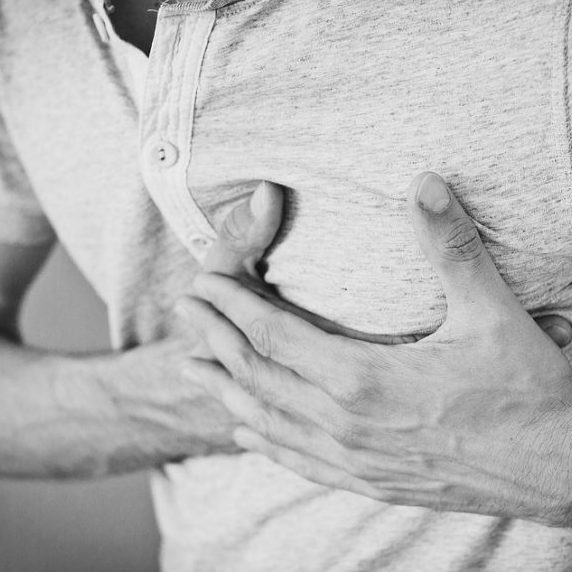
The defibrillator that gets under your skin
Sudden cardiac death is a major public health issue occurring in more than 70,000 people each year in the United Kingdom…
It usually results when the heart beats with rapid erratic electrical impulses (known as ventricular fibrillation) and arises in a person with underlying heart disease. Those at risk of sudden cardiac arrest can be given an Implantable Cardiac Defibrillator (ICD), which sends shocks to the heart to restore normal cardiac rhythm. The ICD is placed under the skin and leads are passed through a vein into the heart.
ICDs can cause problems when the device for example deteriorates or breaks down and then there is a risk for the patient. Researchers in Cambridge developed a subcutaneous ICD (S-ICD) which can be placed under the skin, removing the need for surgery or having the device wired up to the heart.
The device successfully completed clinical trials which resulted in European approval (2009) and FDA approval in the United States (2012) and is routine treatment in most UK Specialist Centres.
Over 50,000 people have now benefited from the S-ICD worldwide. In October 2013 the S-ICD was awarded the Prix Galien (‘regarded as equivalent Nobel Prize in biopharmaceutical research’) in New York as the ‘Best Medical Technology’.
Most guidelines now regard the S-ICD as an option of choice for most patients for both the primary and secondary prevention of sudden cardiac death.
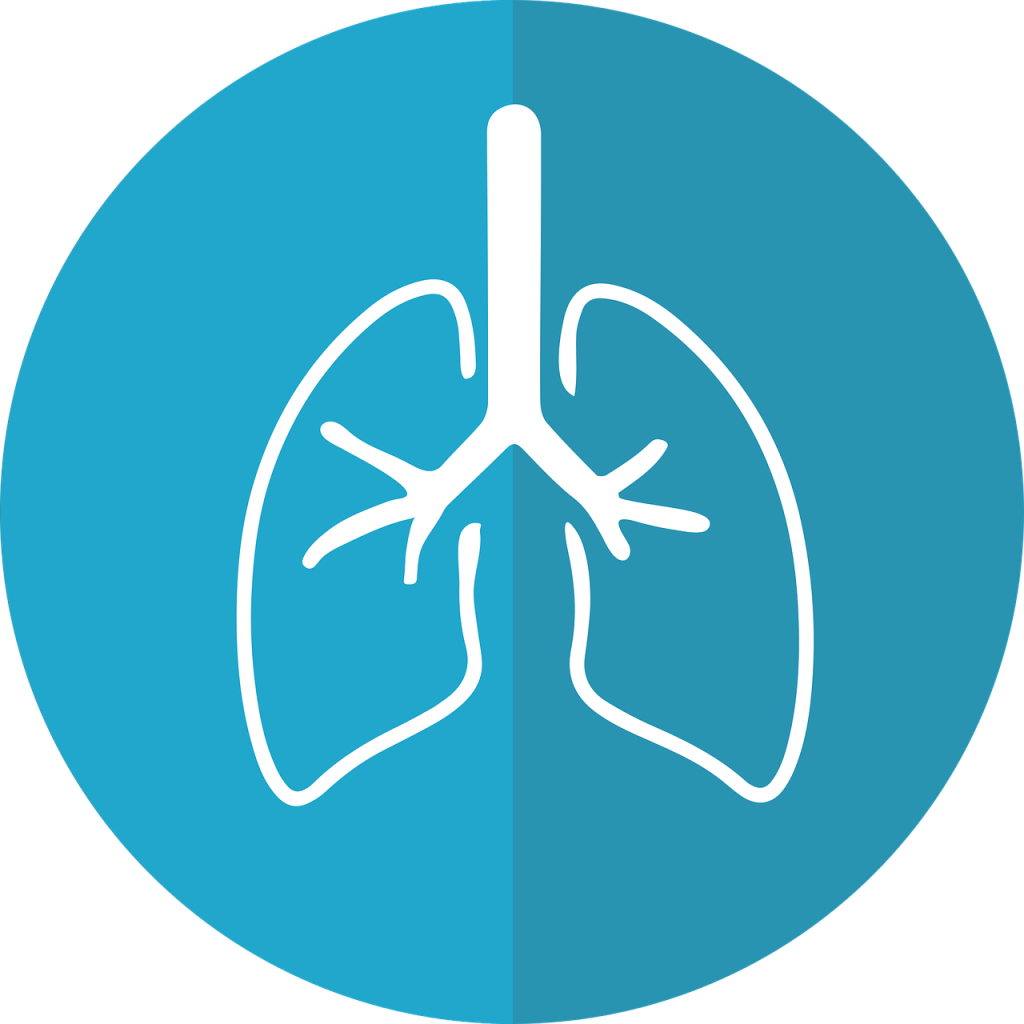
Genetic study identifies genetic mutations in PAH patients
Pulmonary Arterial Hypertension (PAH) is a life-threatening lung disease that causes artery walls to become thick and stiff, narrowing the space for blood to pass through. This causes increases in blood pressure and can lead to heart failure over time. For many PAH patients, it is unclear what has caused their condition.
Researchers in Cambridge carried out the largest ever genetic study of the disease by analysing the genomes – the DNA – of more than 1,000 people with PAH.
They discovered that mutations in several genes were responsible for causing the illness, including four genes that were not previously known to be connected to the disease. The mutations cause some proteins to stop working well, contributing to the arterial stiffness.
Understanding the causes of the disease will help researchers to better target new treatments to help people with PAH.
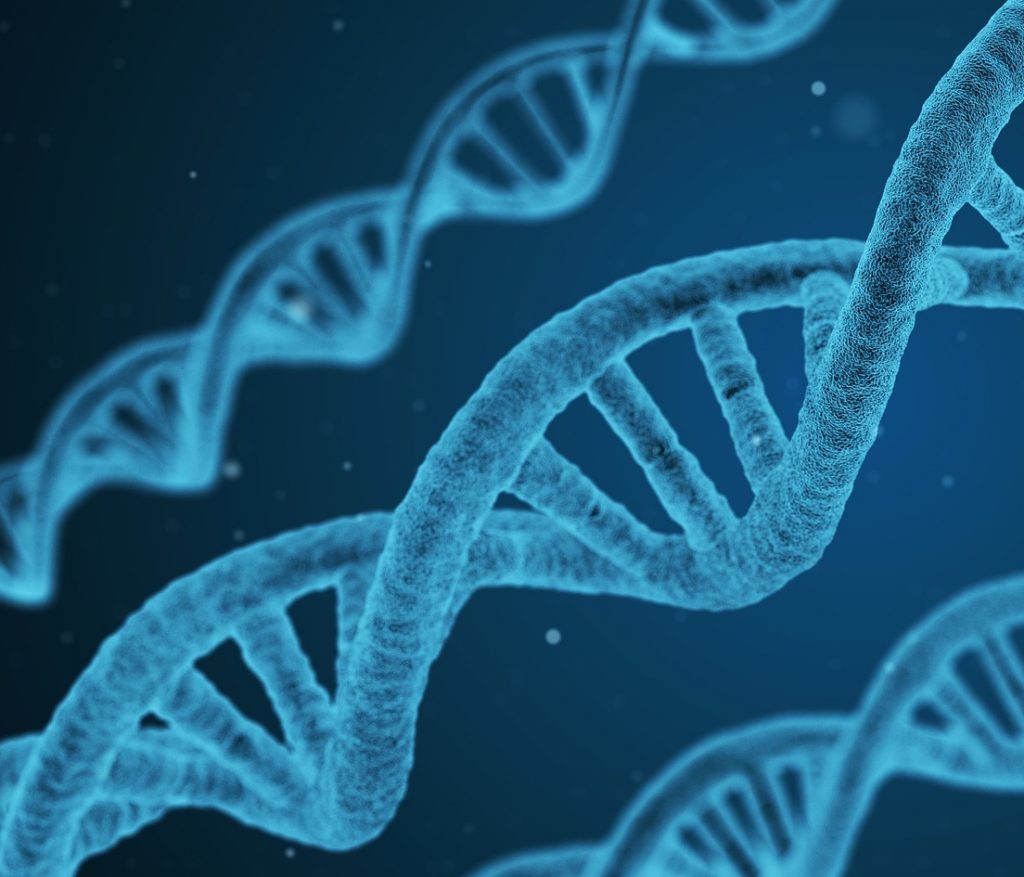
Cambridge researchers develop new tool to map beginnings of heart disease
Researchers from the Cardiovascular Epidemiology Unit at the University of Cambridge and the Wellcome Sanger Institute have developed an innovative new approach in the laboratory to help them understand what happens inside cells to trigger heart disease.
Researcher Dr Dirk Paul said: “We previously discovered that certain gene variants are more common in people with heart disease. Now the challenge is to find out how exactly these gene variants contribute to the risk of heart disease.”
Using stem cells from 200 healthy volunteers, the team grew them in the laboratory into macrophages, which are specialist cells responsible for sweeping up harmful particles, such as cholesterol in the arteries.
Dr Paul said: “Macrophages are part of the biological machinery that clears away fatty material inside the arteries – but in individuals who carry these gene variants, the machinery doesn’t work properly leading to a build-up of cholesterol.
“This in turn leads to atherosclerosis, the condition that causes most heart attacks and strokes.
“We fed the macrophages with cholesterol and then studied them in minute molecular detail to see what happened. This will improve our understanding of how atherosclerosis develops.
“This new approach will help us see how the gene variants affect disease risk and translate this knowledge into new treatments.”
This study was funded by the NIHR Cambridge BRC and the BHF Cambridge Centre of Research Excellence. For more information visit the Cardiovascular Epidemiology Unit – Integrative Human Genomics research web pages.

Updated risk model helps doctors predict and prevent cardiovascular disease
Cambridge researchers supported by NIHR Cambridge BRC have taken part in an international collaboration to update a cardiovascular risk prediction model which can help doctors identify high-risk patients who may benefit from lifestyle change or preventative medication
The original risk model – SCORE (Systematic COronary Risk Evaluation) – was focused solely on predicting and preventing mortality, using data from the 1980s.
But now more people survive heart attacks and strokes than die from them, especially younger people, so the researchers wanted to show the absolute risk scores of people having non-fatal as well as fatal CVD within 10 years, using data from dozens of countries.
This updated model – SCORE2 – looked at data from 700,000 mainly middle-aged participants to develop risk prediction models tailored for use in European countries.
SCORE2 has been adopted by the European Guidelines on CVD Prevention in Clinical Practice.
This is an abridged version of the article first published on our website on 15 August 2021.
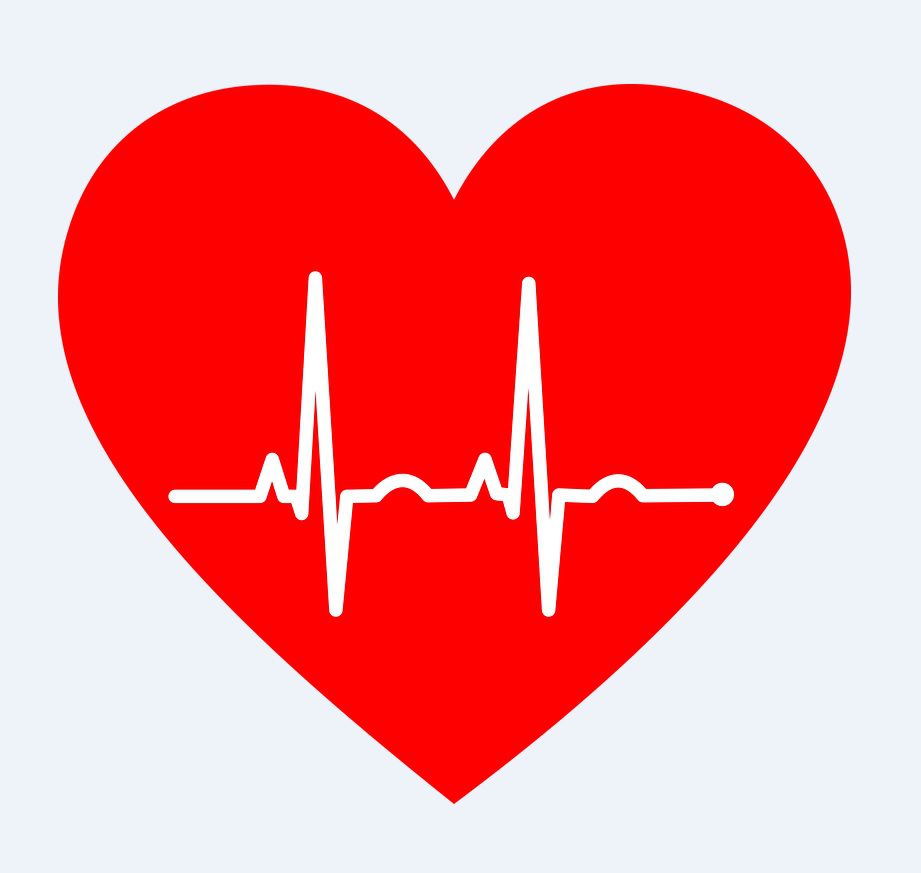
Could a cancer drug be key to helping patients recover from a heart attack?
A stage 2 trial is underway in Cambridge to investigate whether a cancer drug could improve the recovery of heart attack patients, by targeting the immune system.
The NIHR Cambridge Clinical Research Facility supported study has found that a low dose of the cancer drug aldesleukin when injected into acute heart attack patients, increased the activation of immune cells shown to protect the heart.
By targeting the inflammation caused by the body’s immune response to a heart attack the researchers also hope to reduce a person’s chances of having a second heart attack. The Cambridge team are now conducting a Phase 2 clinical trial to test the drug.
Dr Tian Zhao, BHF clinical lecturer in cardiovascular medicine at the University of Cambridge said: “Right now, there is no way to stop the immune system, which gets activated after a heart attack, from mistakenly damaging the heart.
“If our clinical trial shows that aldesleukin works by harnessing the ‘good cops’ of our immune system, we may have found a way to help the heart heal after a heart attack.”
The research is supported by NIHR Cambridge BRC and the Medical Research Council and featured on BBC Look East in October 2021.
This is an abridged version of the press release that was published on our website on October 7, 2021.

